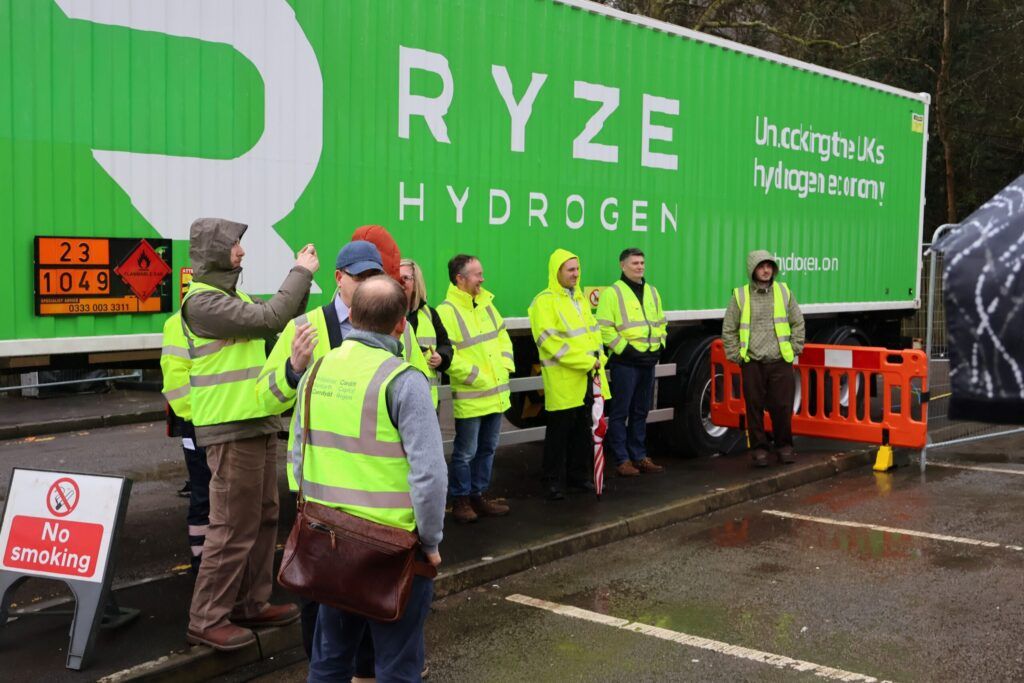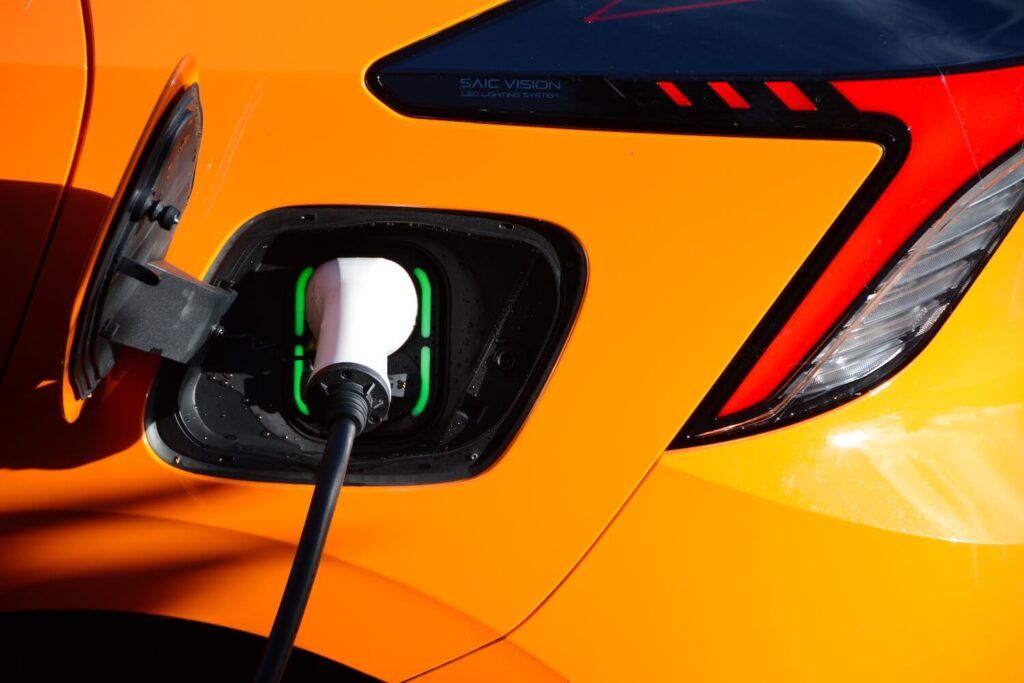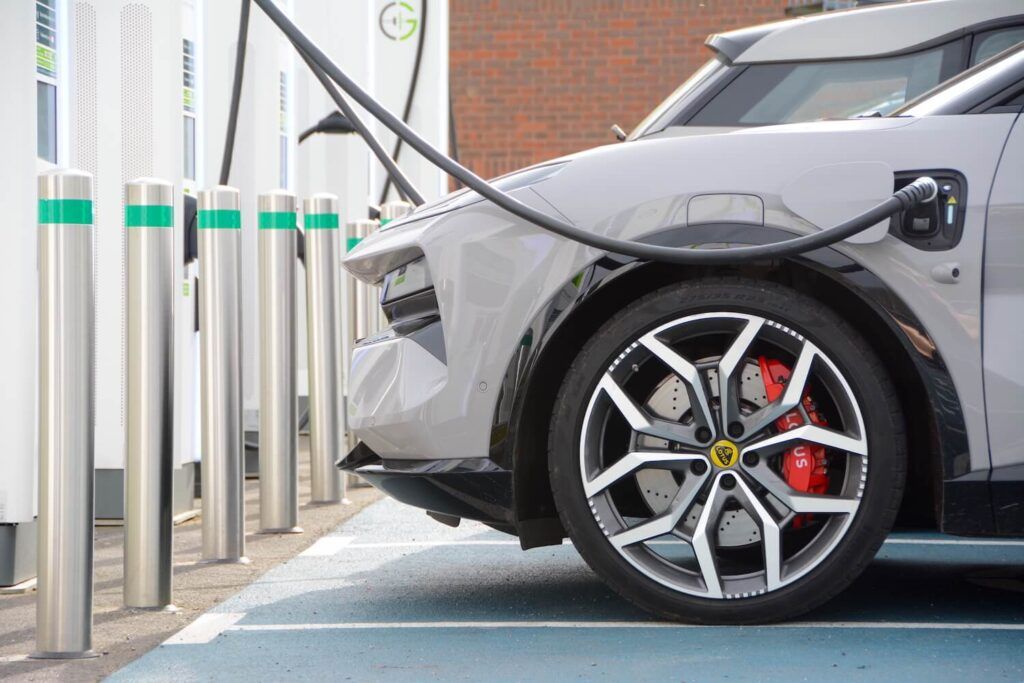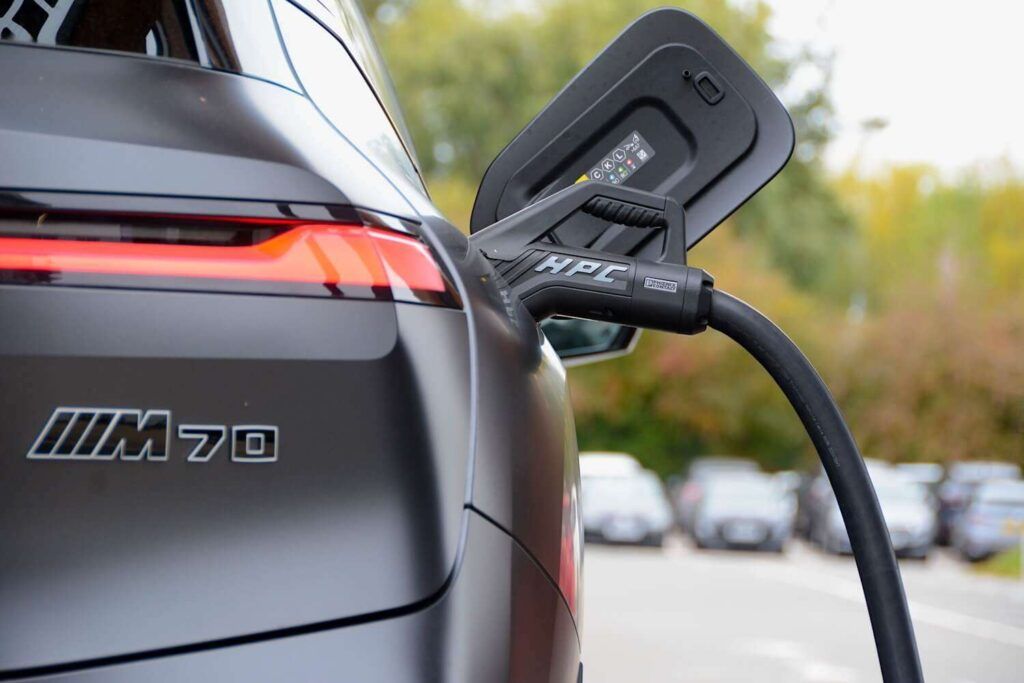James Court, Chief Executive Officer of EVA England, recently took part in the London to Brighton Electric Vehicle Rally – an event that showcased the development of electric vehicles and renewable energy. Here, he shares his views on the steps needed to help drive EV policy forward.
Last month I woke up at 5.30am to get down to Parliament Square to drive the 56 miles to Brighton as efficiently as possible. This isn’t normal behaviour, what makes this even weirder I was joined by more than 100 other people doing the same thing. Some in self-made contraptions, many in Teslas, a few vans and even an electric garbage truck. It was a glorious day and really highlighted to me that this is an area of climate change unlike any other.
You don’t get heat pump enthusiasts coming together to share stories around a campfire, disciples of wind don’t make an annual pilgrimage down to the Delebole to give thanks to the first installed turbine in the UK, yet on any given weekend you can bet that there is some sort of EV meet-up, festival or rally.
More than any other group, EV drivers tend to be evangelical. This is a huge strength of our sector. EVA England was set up by such people, half a dozen EV drivers wanting to give a stronger voice to other EV drivers.
In other nations, this evangelism has been channelled by drivers into making their voices heard by politicians, applying pressure to achieve things like better infrastructure and tax incentives.
So now its time for England’s EV drivers to have their own voice. At a time when policy decisions are being made and regulations created that will lay a foundation for years ahead, it is vital that drivers are in the rooms where this happens. This is why EVA England was launched and the more members who join, the stronger our voice will be.
In the past year we have seen lots of government policy following the Transport Decarbonisation Plan. The recent consumer experience paper from DfT is arguably one of the most important. This is setting the ground rules for public charging, and as anyone who drives an EV knows, this is vital. We could have half a million chargepoints in the UK, but it wouldn’t make any difference if they aren’t fit for purpose.
The EVA responded following a survey of over 1,000 members and EV drivers, and government listened to what actual drivers wanted. Reliability comes top, along with ease of payments, and these plans could potentially fix both. Yet the devil is in the detail, which is still to be decided. Chargepoint operators that don’t hit reliability targets need to be dealt with, and it should not be all down to drivers education on which companies to avoid or not, especially at rapid and ultra-rapid stations which people may rely on longer journeys.
The ZEV mandate is another key policy. This will sit behind the 2030/35 phase-out dates, and it will be crucial in ensuring the UK meets those ambitious targets by forcing manufacturers to hit annual targets of EVs vs ICE vehicles.
The two key issues for us are the trajectory (ensuring that we don’t leave it to the last moment, and bank carbon savings sooner rather than later) and the buy-out price (ensuring that non-compliance by manufacturers will be significant).
It is vital that the ZEV mandate is not simply another piece of compliance that manufacturers have to absorb, or even worse be able to game, but is truly transformative to their business models.
We also have government action on smart charging. This has the potential to be a huge positive for drivers, especially those with home chargers. I have long argued that EVs could be one the best things to happen to our energy system, or one of the worst.
Technology is only one part of this equation but is arguably the simplest aspect. The key is having consumers at the heart of the policy design. Households shouldn’t be forced into compliance, but be rewarded to do so. Charging your car at off-peak times is logical for cost, environmental and efficiency reasons, but it must be made simple, and consumers should see the benefit of their actions.
We also need to make sure this transition is fair and inclusive. Cutting VAT on public charging is a no-brainer for the 40% of UK households without driveways. Salary Sacrifice schemes open the new EV market to a much wider segment who could not otherwise afford them (myself included). This scheme needs to be widened out to more businesses as a priority during the cost-of-living crisis. Low-cost loans for EVs, as well as targeted grants are also areas government should be looking at, and in all of this the voice of EV drivers needs to be heard.
The coming years are critical to the growth of EVs and I am determined to ensure government is listening, but we need the EV community to speak up.
Image courtesy of EVA England.












